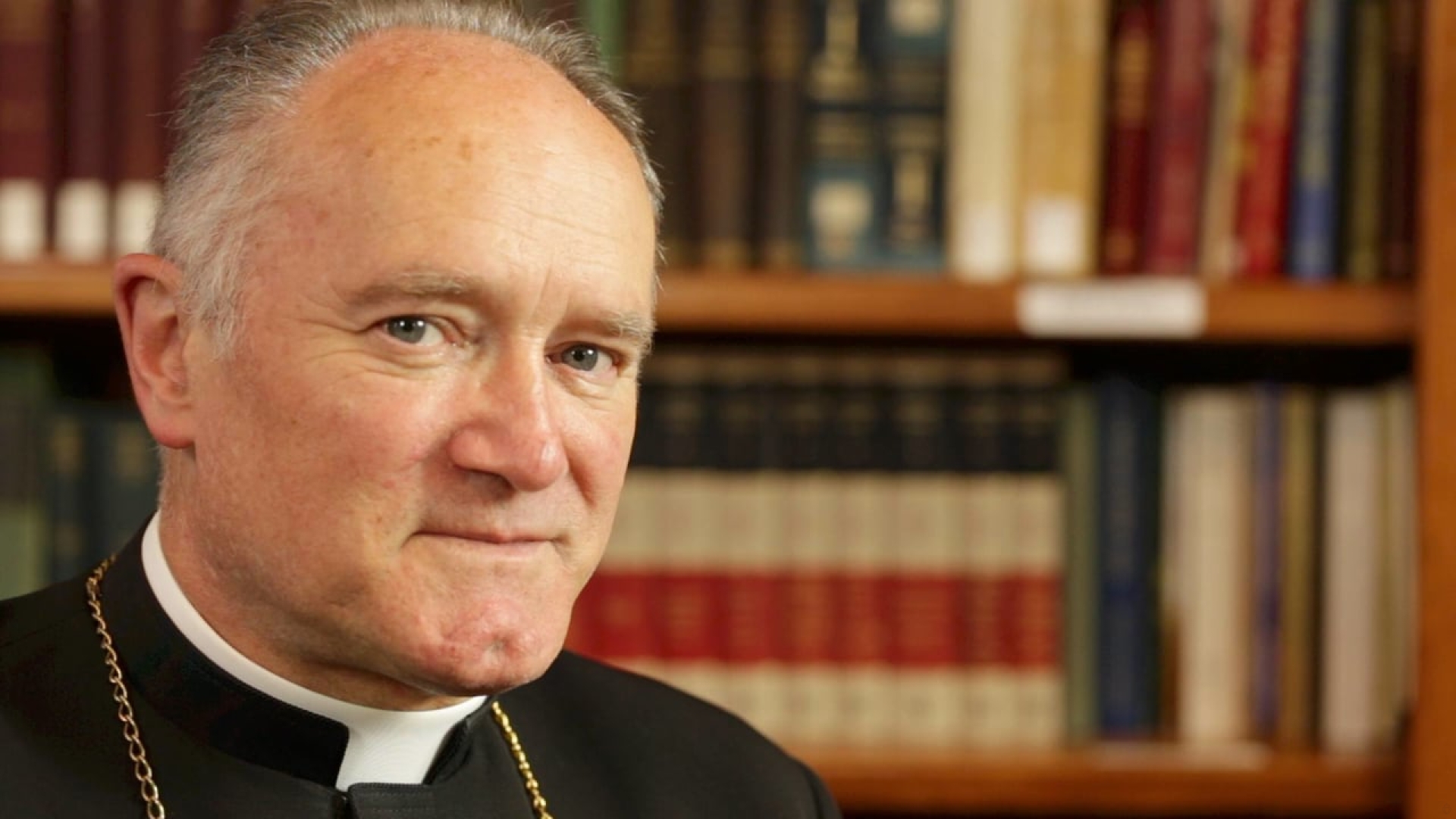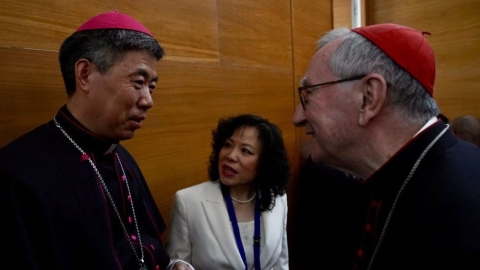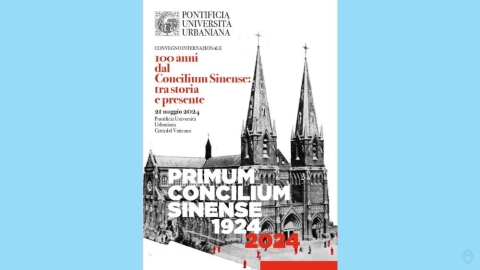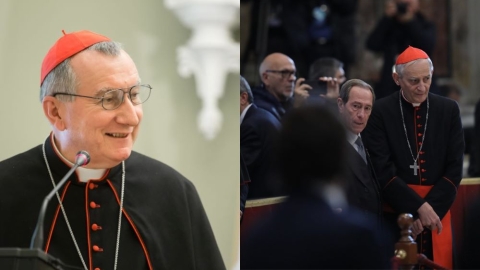Bishop Fellay: Why I Signed the Correctio Filialis

After the publication on Sunday, September 24, 2017, of the Correctio Filialis by 62 clerics and lay scholars in which they expose seven heretical propositions contained in the Apostolic Exhortation Amoris Laetitia, FSSPX.News asked Bishop Bernard Fellay, Superior General of the Society of St. Pius X, why he signed the document.
FSSPX.News: Why did you support the Correctio Filialis?
Bishop Fellay: This filial approach on the part of clerics and lay scholars, troubled by the heterodox propositions in Amoris Laetitia, is very important. Christ’s teaching on marriage can not be surreptitiously changed on the pretext that the times have changed and that pastoral care should adapt by offering ways to bypass doctrine.
I understand that the authors of the Correctio Filialis are overwhelmed by the division caused by Amoris Laetitia, by the pope’s explanations of this document in recent declarations, and by his statements on Luther. In some countries, the bishops now allow communion for the divorced and civilly remarried, while in others they refuse it. Is Catholic morality variable? Can it be subject to contradictory interpretations?
Since September 2016, four cardinals have been respectfully asking the pope to “clarify” his Exhortation; this year they requested an audience. The only answer they received was silence, but silence is not an answer. On a question this serious and faced with the current divisions, the Holy Father must give a clear answer on the substance of the Exhortation.
In this sad situation of confusion, it is very important that the debate on these important questions grows, in order that the truth may be re-established and error condemned.
That is why I supported this approach, but it is not so much the names of those who signed the Correctio Filialis as the objective value of the arguments presented that must be taken into account.
FSSPX.News: Does this affect the relations between the Society of St. Pius X and Rome?
Bishop Fellay: Our respect for the pope remains intact, and it is precisely out of respect for his office that we ask him as his sons to “confirm his brethren” by publicly rejecting the openly heterodox propositions that are causing so much division in the Church.
I appreciated the answer of Ettore Gotti Tedeschi [1], who also signed the Correctio Filialis. He rightly declared that we are not the enemies of the pope. On the contrary, we do this because we love the Church.
This was Archbishop Lefebvre’s attitude and that of the Society of St. Pius X from the beginning. In his declaration on November 21, 1974, our founder said, “We adhere with all our heart and all our soul to Catholic Rome, guardian of the Catholic Faith and the traditions necessary to maintain it, and to Eternal Rome, mistress of wisdom and truth. On the other hand we refuse and have always refused to follow the Rome of the neo-Modernist and neo-Protestant tendencies”; it is precisely this neo-Modernism and neo-Protestantism that the authors of the Correctio Filialis rightly denounced as the cause of the changes made by Amoris Laetitia in the doctrine and morality of marriage.
We are attached to Rome, Mater et Magistra, with every fiber of our being. We would no longer be Roman if we renounced her two-thousand-year-old doctrine; on the contrary, we would become the artisans of her demolition, with situation ethics dangerously upheld by weak doctrine.
Our fidelity to Tradition is not a way of living in the past, but a guarantee of sustainability for the future. It is on this condition alone we can serve the Church effectively.
FSSPX.News: What are your hopes for this Correctio Filialis?
Bishop Fellay: We must hope it will bring about a clearer realization of the gravity of the situation in the Church, both among the clergy and among the faithful. Indeed, as Benedict XVI admitted, “Peter’s barque is taking water on all sides”. This is no poetic image; it is a tragic reality. In this battle, faith and morals must be defended!
We also hope that others among those who have souls in their care will show their support. In exposing the objectively unorthodox propositions, the signatories of the Correctio Filialis have simply said loudly and clearly what many know in their heart. Is it not time for these pastors to say so, loud and clear? But, again, it is less the number of signatures than the objective value of the arguments that counts. The Truth revealed by Christ is not quantifiable; it is above all immutable.
We must implore God that the Vicar of Christ may restore complete clarity to such an essential area; the divine law of marriage can not be changed without causing serious dissension. If nothing is done, the division that is appearing in the Church will become irreparable. For this reason we pray that Our Lord’s words to St. Peter may truly apply to Pope Francis: “And thou, being once converted, confirm thy brethren” (Luke 22:32).
[1] Ettore Gotti Tedeschi, an economist and president of the Institute for the Works of Religion from 2009 to 2012, granted an interview to the Hispanic website Infovaticana (Sept. 24, 2017), that was republished by Vaticanist Marco Tosatti on his blog – Ed. Note.
Source: FSSPX.News - 09/26/2017





